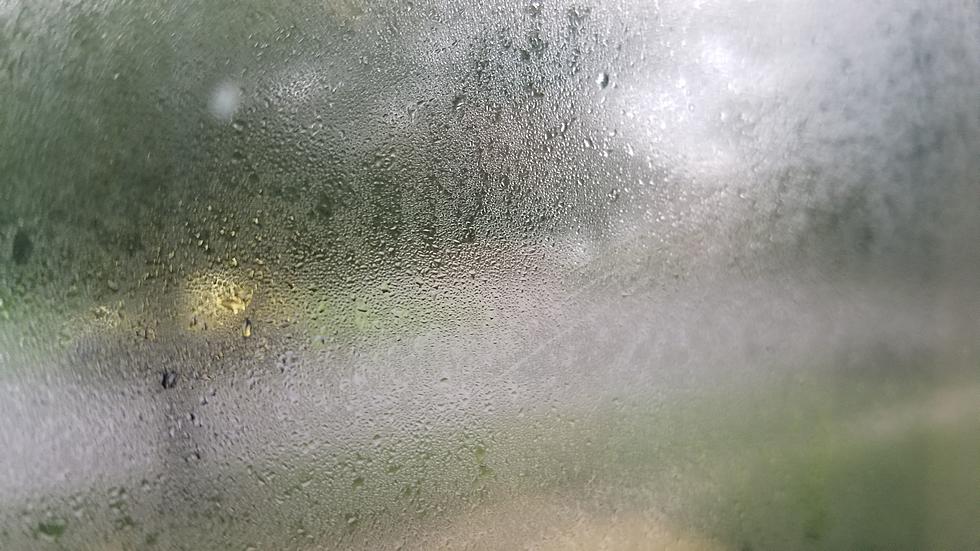Looking for ways to lower humidity in your home?
Here in Southwest Florida the two biggest complaints people tend to have are that it’s too hot and it’s too humid. Humidity often makes the heat feel even more uncomfortable. But not only is it uncomfortable, it makes your air conditioner work harder to cool the room, and high levels of humidity are bad for your health, and your home. The ideal in-home humidity levels should be around 50% or below. Let’s look at some ways to combat the high humidity in your home. The most obvious way to reduce your home’s humidity is to use a dehumidifier, but if you don’t feel like spending the money on one, there are some other methods you can use.
Lower Humidity in Your Home – Your HVAC Unit
First and foremost, air conditioning units are excellent for keeping your home cool and improving humidity from the air. But there are some things you can do with your AC unit to help improve humidity.
Be sure you keep your drip pans and drain lines clean and unobstructed.
On your thermostat, set your fan to the automatic position. If it is always in the “on” position, it actually can cause humidity to be higher in your home because it will be blowing air over the wet evaporator coils when they are cycled off.
Have our techs come in to make sure your ducts are sealed tightly. Your attic is hot, so if your ducts have leaks, they are drawing in the hot humid air along with the cool air from your HVAC unit and blowing both into your home.
Lower Humidity in Your Home – Install Vent Fans
Certain areas of your home are natural places for humidity to build up. Two of those areas are the kitchen and the bathroom. Install vent fans in these two areas to draw out the moist air from hot showers or boiling pots. Leaving your ventilation fans on for an extra ten minutes after your shower or after you are done cooking helps limit humidity dramatically. Be sure they vent to the outside, and keep them clean and free of dust, grease, lint or anything that could keep them from working efficiently.
Lower Humidity in Your Home – Install Overhead Fans
Overhead fans create air circulation, which facilitates evaporation, so they naturally ventilate the rooms they are in. Stale, non-moving air allows warm moist areas to stay moist, causing mold to grow. So installing some more fans in your home is one of the simplest and easiest ways to combat humidity.
Lower Humidity in Your Home – Attic Fans and Attic Air Vents
Proper ventilation in your attic is imperative here in Florida. Believe me, we climb in and out of attics all day long and the heat up there can be as high as 150 degrees Fahrenheit when an attic doesn’t have the proper ventilation. You can even get solar-powered attic fans that won’t increase your energy bill, and may indeed reduce it since your air conditioning unit won’t be trying to work against the heat in the attic.
Lower Humidity in Your Home – Take Shorter, Colder Showers
This seems overly simplistic, but the truth is, longer hotter showers produce more steam, which can stick around and add to the humidity, not just in the bathroom, but in your home itself. It allows the moisture to build up in the room, leaving condensation on the walls and in the shower stall itself, leading to mold and mildew on the tiles, floors and grout.
Lower Humidity in Your Home – During Hot Months, Cook Less Indoors
Again, this is a simple solution, but works well. Almost all the cooking you do, from boiling water, to sautéing vegetables to roasting meat in the oven, adds to the overall heat and humidity in your kitchen. Use your microwave to steam veggies instead of boiling them on the stove. Grill that chicken outdoors on the BBQ, instead of turning on the oven.
Lower Humidity in Your Home – Maintain your gutters
This one may seem like a head-scratcher, after all your gutters are outside right? But believe it or not, your gutters and downspouts can contribute to indoor humidity when not properly taken care of. Be sure your downspouts are pointed outward, away from your home’s foundation. Make sure your gutters are clean and there’s no debris build up that allows the water to flood over the sides of the gutter and directly down to your foundation. Excess water that builds up at the foundation seeps into the house. Carrying water away from the foundation is important to lowering the in-home humidity.
Lower Humidity in Your Home – Check windows and doors
If your windows or doors are drafty it can cause moisture to build up between the panes and on the inside. Caulking and weatherstripping can help with this or simply replacing worn out windows and doors. While it may seem like a little draft is helping ventilate the home, here in Florida, that outside air is hot and humid and you really don’t want it wafting inside.
Contact Us For Maintenance
If you’ve been proactively taking steps to reduce the humidity in your home, but still have high humidity levels, you should contact us for some maintenance. It may be that your evaporator coils are dirty or your drain lines are clogged. You may have some vent leaks that need to be repaired. Don’t continue to overwork your HVAC unit to try to reduce the humidity levels or you’ll end up with a bigger repair issue. Just give us a call at 239-462-4068. #acmaintenance #SWFLHVAC

